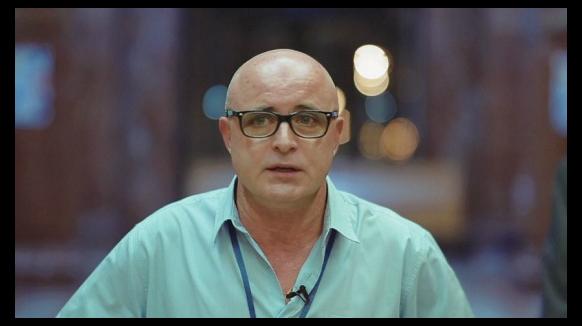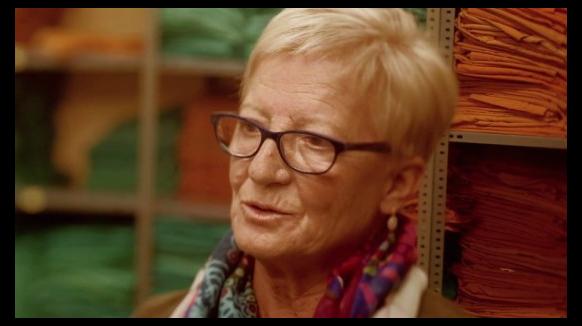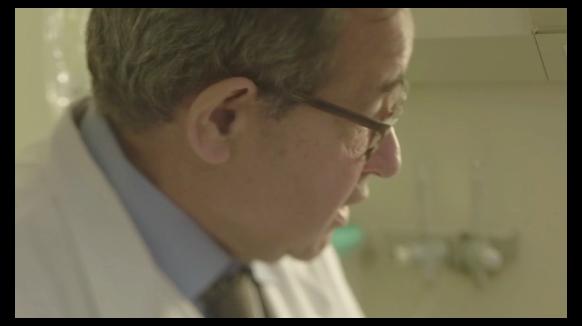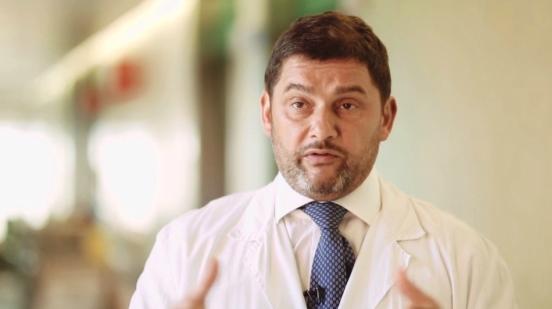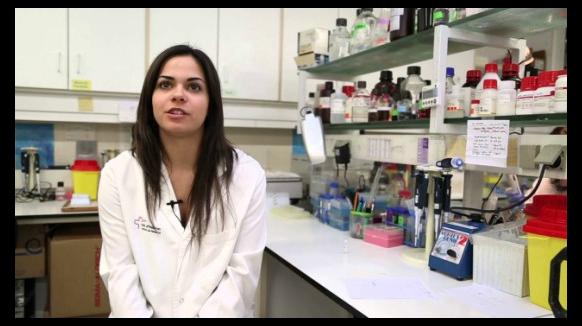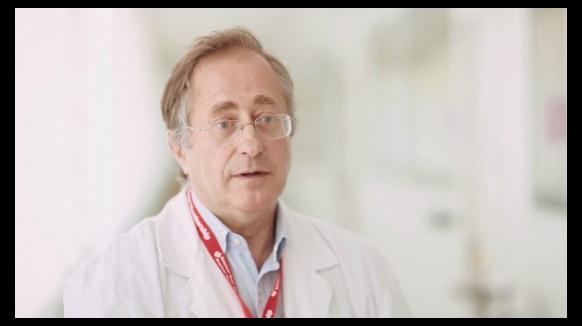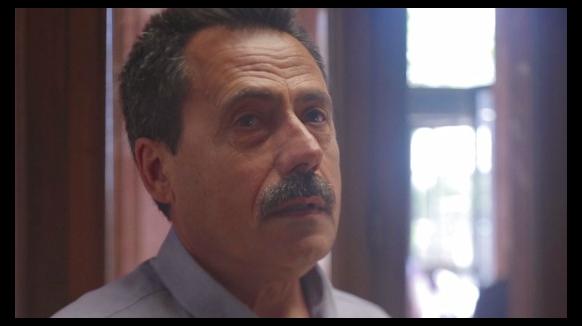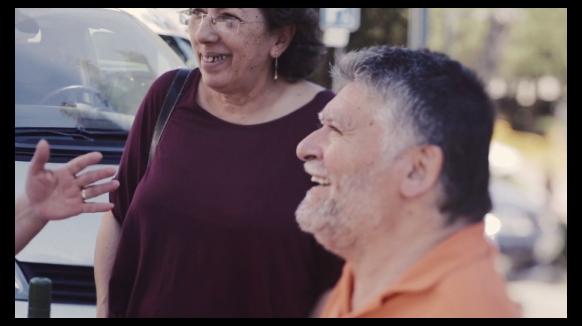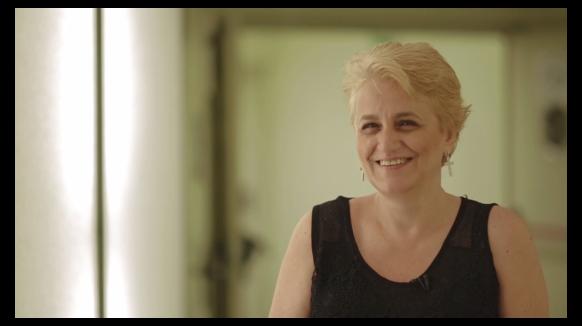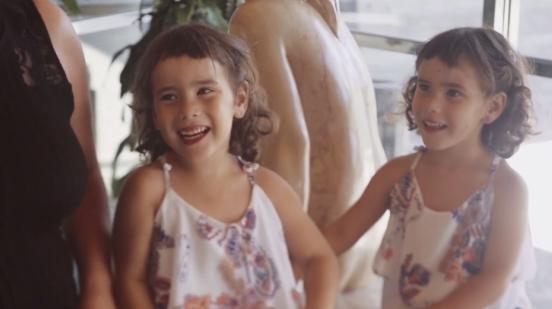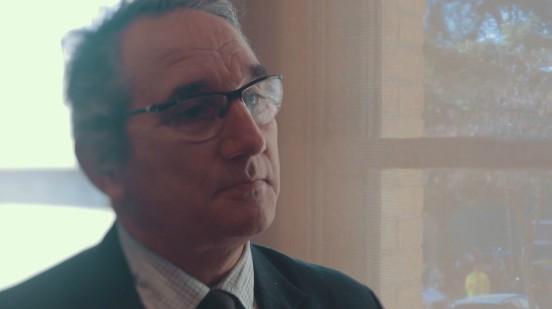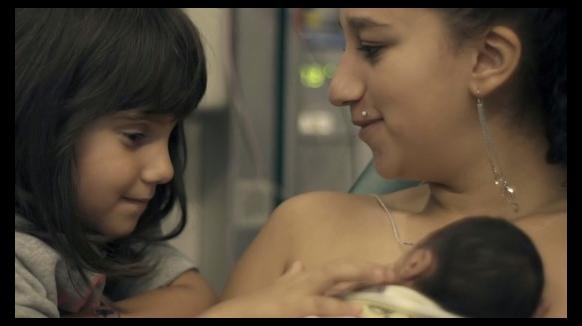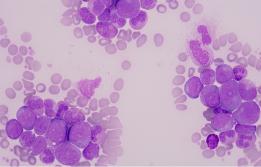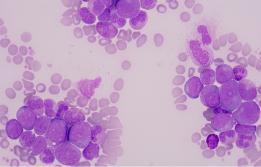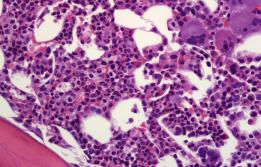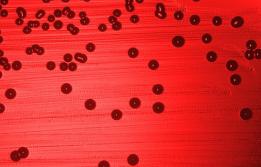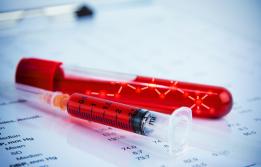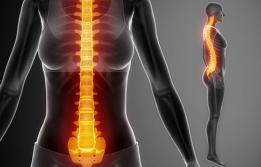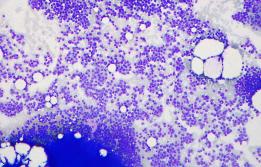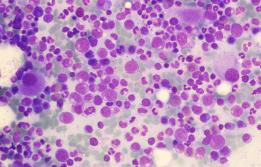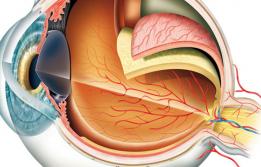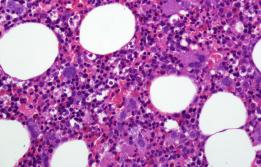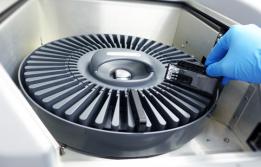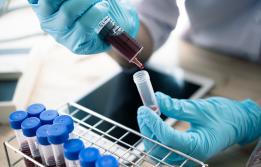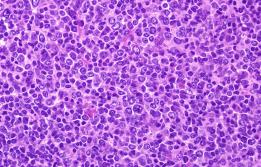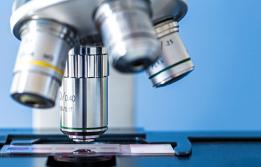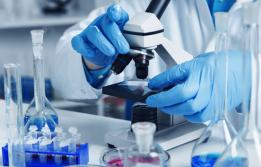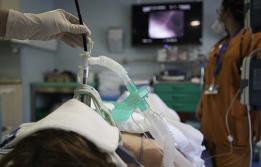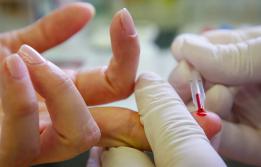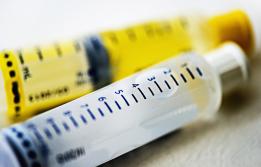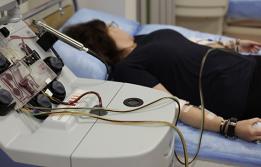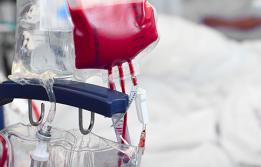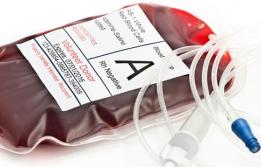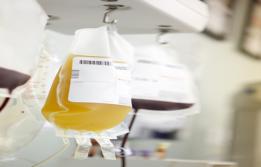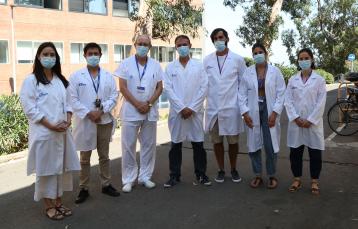Haematology and Haemotherapy
The Haematology and Haemotherapy Department applies the specialty of haematology and haemotherapy. In accordance with the definition offered by the Spanish Society of Haematology and Haemotherapy, this is a clinical medical specialty as a branch of internal medicine, but it also plays a fundamental role in laboratory diagnosis.
Description
At the Haematology Department, our mission is to provide care, teaching and research regarding haematology in adult patients. We deal with three main areas: clinical and diagnostic care, teaching, and research in the field of haematology.
We are a leading Department, renowned both at home and abroad for our level of specialisation in the field. We are leaders in care and in the research into new medications, thanks to the Clinical Trials Unit, which treats high-complexity haematological patients in Catalonia and the rest of Spain, offering the best treatments and the chance to access new drugs.
The Haematology Department currently comprises five sections:
- Haematopoietic Progenitors Transplant Unit
- Conventional Haematology Section
- Haemophilia Unit
- Haemostasis and Thrombosis Unit
- Haematological Diagnosis Section
Our Department offers patient care in three different areas:
- Hospitalisation, which, together with the conventional rooms, also has isolation rooms for immunocompromised patients.
- Oncohaematology day hospital, where patients also receive various types of chemotherapy or transfusion treatment.
- Outpatient Clinic, for outpatient visits.
The Haematology Day Hospital was set up in 2016 to care for patients in active treatment for haematological disorders that require regular outpatient follow-up. The space allows us to provide patient care on an outpatient basis and in walk-in visits, as well as to perform on-the-spot basic examinations and treatments and to follow up on cases on an individual basis. The design of these innovative facilities was carried out by a multidisciplinary group of professionals taking into account the needs of patients.
The Haematology Laboratory is part of the Clinical Laboratories, which also integrates the Transplant Unit, the Haematology Section and the Haemophilia Unit. These units provide specialist clinical care to haematological patients. The Haemostasis and Thrombosis Unit and the Haematological Diagnosis Section also carry out diagnoses. They provide specialist hospital care and primary care both within our Department and to many external centres. All laboratory activity aimed at adult and paediatric haematological patients is carried out through these units, as well as the diagnosis of haematological disorders in patients with other pathologies.
Research
As a department at a leading, advanced hospital, the Haematology Department is responsible for intensive experimental and preclinical research, with testing of medications not yet suitable for human use, at the Laboratory of Experimental Haematology of the Vall d'Hebron Research Institute, where we study the biology of various haematological diseases and the activity of different drugs in experimentation, in order to provide the most personalised treatment plan possible.
The Haematology Clinical Trials Unit, which covers the fields of care and research, aims to develop and apply clinical trials from Phase I (new drugs) to Phase III (randomised studies). This Unit allows haematological patients to receive the best treatments with access to new drugs.
Teaching
The Haematology Department is responsible for a significant amount of teaching, with both undergraduate teaching (medical students) and the training of medical residents in this specialty. We cover both theory and practice:
- Theoretical Haematology classes at the Faculty of Medicine of the Autonomous University of Barcelona. During the 2010-2011 academic year, the Haematology Department taught 12 theoretical classes and 9 theoretical and practical seminars to fourth-year medical students, which covered acute leukaemia; lymphoproliferative syndromes, in which lymphatic cells grow excessively; chronic myeloproliferative syndromes, in which there is a proliferation of immature cells in the bone marrow; medullary aplasia, which is a serious disorder of the bone marrow; myelodysplastic syndromes, which are diseases in which there is an abnormal or inefficient production of blood cells, and bone marrow transplants (haematopoietic progenitors).
- Continuing education for fourth-year medical students on rotation in the Department for residents of other specialties (mainly Oncology and Internal Medicine) who spend two months at the Department alongside Haematology and Haemotherapy specialised residents. The education of resident doctors is coordinated by tutor Dr Javier Bueno (Clinical Tutor), Dr Pau Abrisqueta (Clinical Tutor) and Dr Laura Gallur (Laboratory Tutor) from Haematology-Haemotherapy. Haematology and Haemotherapy training is carried out in accordance with the Specialised Haematology-Haemotherapy Training Programme approved by the Hospital Teaching Commission on 14 June 2007.
- Continuing education for Internal Medicine, Oncology and Haematology residents from other countries that attend the Haematology Department for a period of several months.
- IV Refresher course on haematology. Acute myeloid leukaemia in elderly people and other complex leukaemia cases. Barcelona, 1 October 2010. Accredited by SEAFORMEC with 1.4 credits, equivalent to 8.5 teaching hours.
